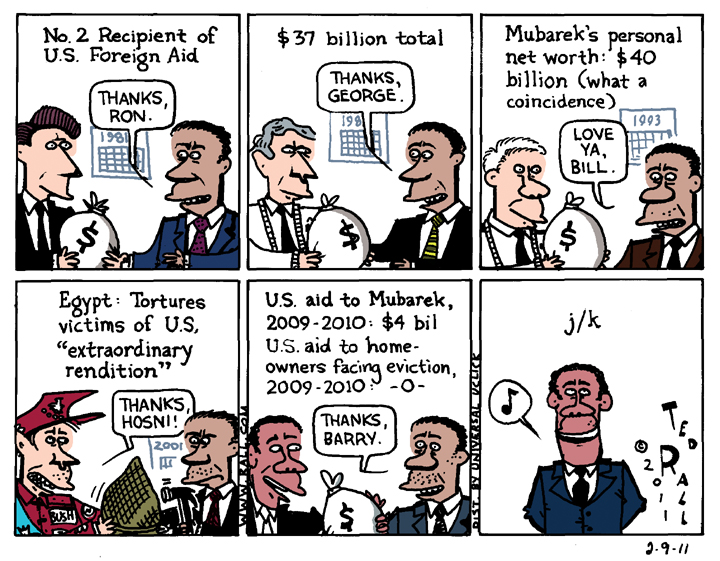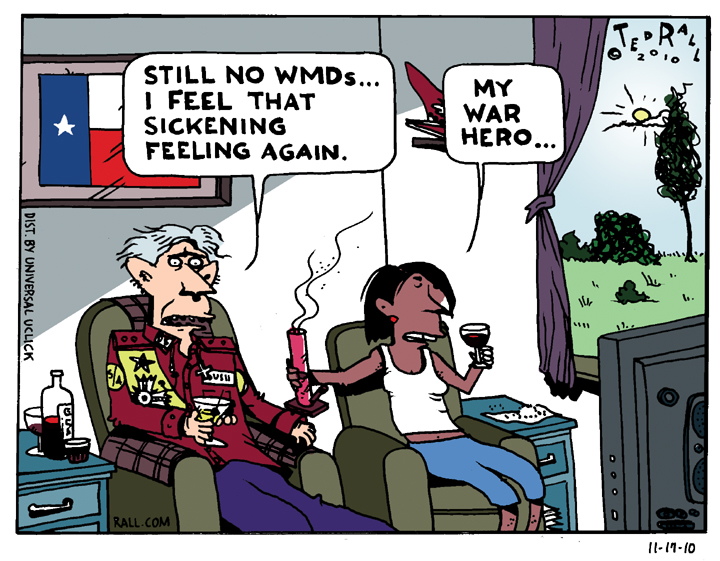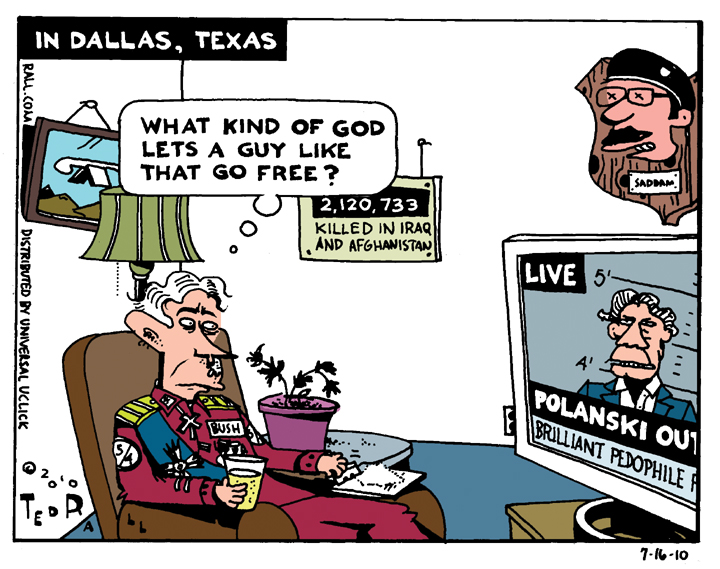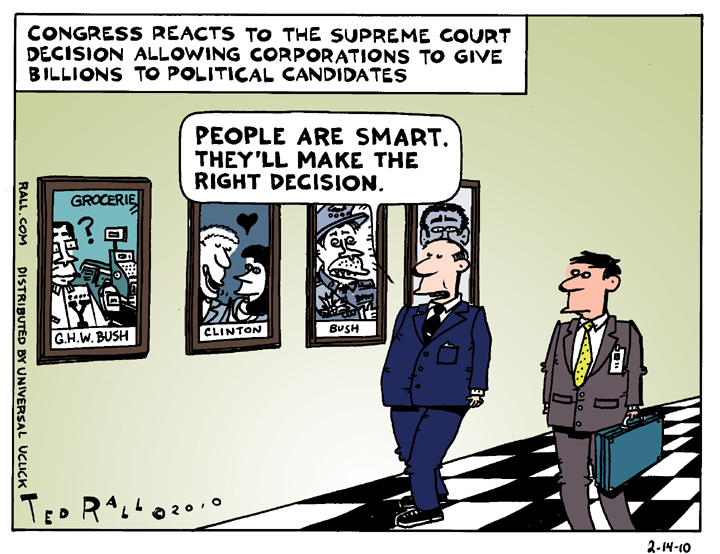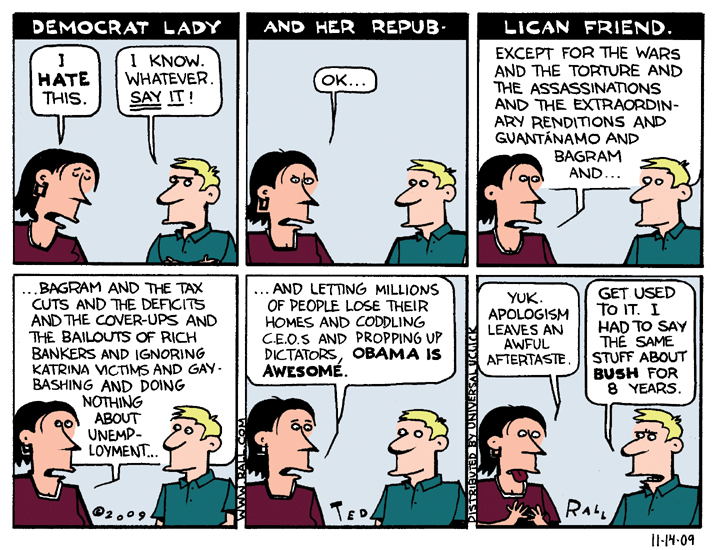Should Anthony Weiner Resign?
Should Anthony Weiner resign?
Aside from the obvious pleasure that we derive from wallowing in salacious revelations about the rich and powerful, this week’s Weiner sexting controversy provides a window into American morals. Namely: what is wrong, what is right, and what if anything should be done about it?
Let’s look at the sin first.
Weiner sent smutty photos, some with smutty captions, to some of his followers on Twitter. As far as we know he never met any of these women in person, much less had sex with them.
After the Congressman and once-possible-future mayor of the City of New York realized that he had mistakenly sent one of his crotch shots to the wrong addressee, he got too clever by half. Trying to get ahead of the story before it broke organically, he called a press conference and claimed that Evil Right Wingers had hacked his Twitter account. This lame story quickly fell apart, and here we are, with The New York Times editorial board officially decrying Weiner’s “profoundly squalid and offensive pattern of conduct,” language one would have liked to have seen used to describe, for example, torture. Or the bailouts for millionaire bank executives. Or lying us into war in Afghanistan. And Iraq. And Libya.
No victim, no sin. Who’s Weiner’s victim?
Not, apparently, the women to whom he tweeted his…tweet. As far as we know, they were willing adult participants.
Weiner’s wife Huma Abedin is the sole candidate for Victim.
You have the right to feel outraged on her behalf. Me, I’m wary. No one but a husband and wife (or two husbands or wives) knows what goes on between them.
For all we know, Huma might be evil. She may have done far worse. Maybe she doesn’t mind. Or thinks a guy is entitled to fantasies that don’t involve his wife. If she sticks around we’ll at least know that her hubby’s “profoundly squalid and offensive pattern of conduct” wasn’t worth divorce.
The way I see it, this is the Weiners’ business.
To ask whether Weiner should resign, then, goes to another question. Did he betray his constituents–those in Queens and, more broadly as a nationally-known Congressman, the American people?
No doubt, Weiner lied to we, the people. It’s hard to imagine now, but that used to be an impeachable offense. Dig up Richard Nixon and ask him.
Nowadays, however, the public seems to have abandoned the expectation that politicians tell the truth. President Obama, for example, included a clear call for a public option in his healthcare reform proposal during the 2008 presidential campaign. It’s still on his website. And yet: “I didn’t campaign on the public option,” he said in late 2009.
Weiner lied. But it wasn’t about policy or something important like war. Remember Libya? We were going to “move quickly to save [civilian] lives.” It was going to be “this limited action, limited both in time and scope.” That was March. Now we’re trying to kill Kadaffi.
And, to Weiner’s credit, he didn’t lie long. A week. When he ‘fessed up, he did it like a man: took questions from the press, accepted responsibility, volunteered dirty deeds we didn’t know about.
It’s certainly not “we DID find the WMDs,” à la Bush-Cheney. Who, remember, did not resign.
I would love to live in a country in which lying to the public was cause for resignation. It sure would make for a lot of vacancies in government.
But we don’t–and it seems weird to hold a sexter to a higher standard than a warmongering mass murderer.
Ultimately the public’s case against Weiner comes down to the one Edward G. Robinson snaps at the dastardly insurance salesman played by Fred MacMurray in “Double Indemnity”: “I picked you for the job, not because I think you’re so darn smart, but because I thought maybe you were a shade less dumb than the rest of the outfit. I guess I was all wet. You’re not smarter, Walter. You’re just a little taller.”
Weiner doesn’t even get to be tall.
The Times questioned Weiner’s “judgment and character, considering that he was once considered one of the savvier members of the House. Had it not occurred to him, in an era of unending sexual scandal, that repeatedly sending these kinds of photographs to strangers would eventually catch up with him? And that, if it did, his attempt to exploit his political celebrity for online sexual gratification would be considered reprehensible?”
Should Weiner resign? Only if not being sufficiently cold, cynical and calculating is just cause.
(Ted Rall is the author of “The Anti-American Manifesto.” His website is tedrall.com.)
COPYRIGHT 2011 TED RALL

